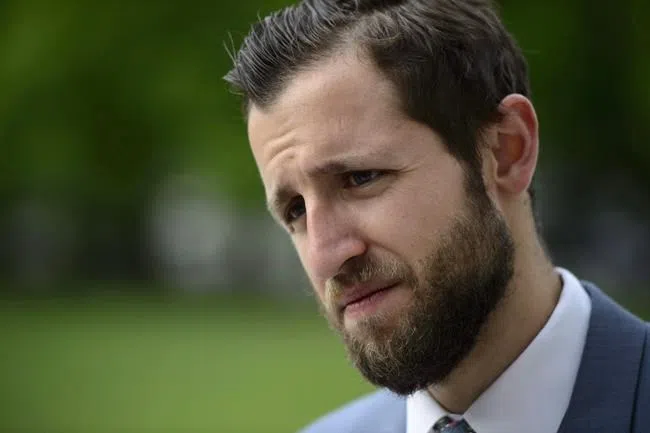
Reporter must give RCMP material about accused terrorist: Supreme Court
OTTAWA — A Vice Media reporter must give the RCMP material he gathered for stories about an accused terrorist, the Supreme Court of Canada has ruled in a case that pitted press freedoms against the investigative powers of police.
In its 9-0 decision Friday, the high court said the state’s interest in prosecuting crime outweighed the media’s right to privacy in gathering the news when all the factors in play were taken into account.
Vice Media said the ruling made it a “dark day for press freedom.”
Organizations representing Canadian journalists also decried the decision as setback that imperils their work.
